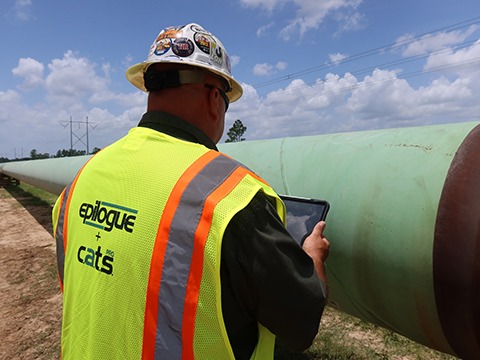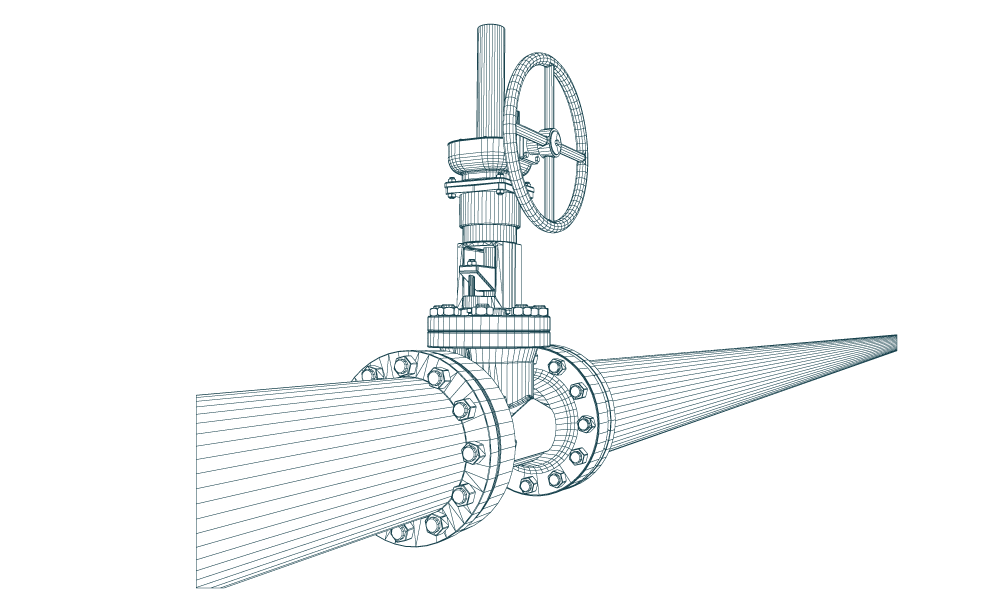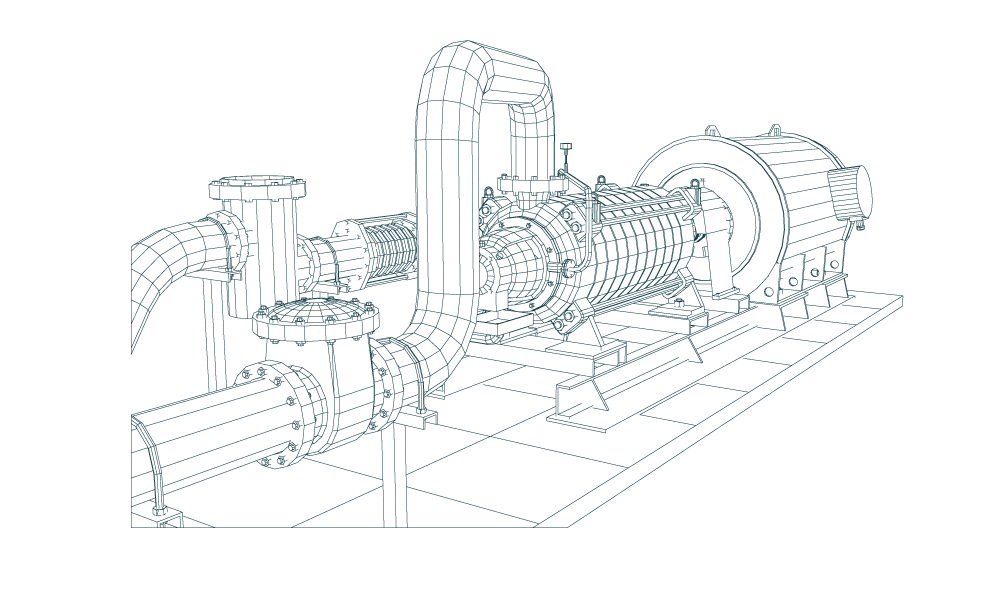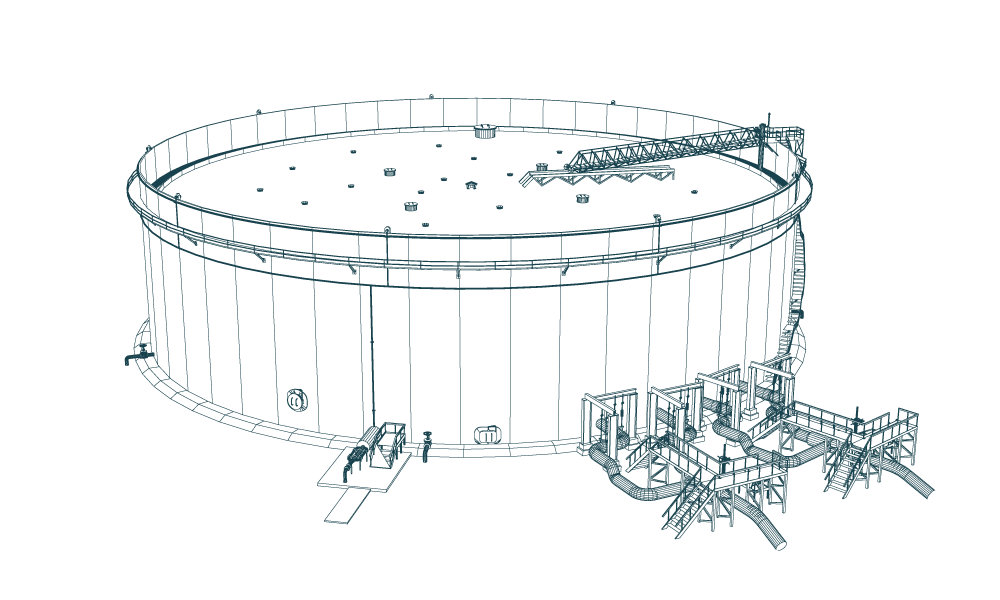PCS® Insights
Sharing Industry Knowledge, Lessons-Learned and Published Presentations
Best Practices for Material Traceability and Digital Construction Management

Successful energy infrastructure construction depends on confidence in the data driving every decision. Data-driven decision-making pushes a need for more data, and more data means digitizing what happens during construction. As everyone knows, just because information is digital does not mean it is accurate, so how do you both increase digitizing what happens during construction and also do it accurately so that decision-makers can rely on it with confidence? Achieving these objectives requires both experienced field knowledge and reliable digital tools—a combination that remains challenging for many organizations but is increasingly vital for project success.
At Project Consulting Services our vision is simple: collect data once, collect it well, and use it everywhere™. Over the years, we have learned a lot—sometimes through trial and error. As an engineering firm at heart, we approach problems the same way we approach design: by testing ideas, learning from failures, and refining them through many iterations. That process has helped us build a strong suite of technology, processes, and expertise that truly works. Here are some of the key lessons we’ve picked up along the way:
1. Start with the End in Mind
If you are going to provide full material traceability for midstream infrastructure construction, then you need to define what that looks like at the end. Our definition of traceability goes beyond tracking components—it establishes an unbroken, verifiable chain of data accountability across the project lifecycle. We clearly define the data and documents that must be present and accurately captured to meet regulatory requirements for information that is Traceable, Verifiable, and Complete (TVC).
- Once success is defined, you need the right systems and expertise to achieve it. Ask questions like:
- Who will be collecting the required data?
- What are their qualifications or what additional training do they need to do so accurately and reliably?
- How can we leverage technology to both expedite data collection while also increasing accuracy (eliminate transcription, intelligent conditional logic, helpful metadata, etc.)?
- What data needs additional review? Who will perform that review and how will discrepancies be managed?
- Does any data require additional or corroborating sources? If so, how will those data be compared?
At PCS® we developed Epilogue®, a digital construction management platform that centralizes dashboards, interactive maps, and digital records—to be the central repository of construction data. Beyond the Core product, modular components can be integrated to create flexible deployment configurations, each designed to align with the specific requirements identified during project planning. If the project requires full material traceability, we deploy our C.A.T.S.® Pro system, a package combining smart field data capture with expert technician oversight.
2. Integrate Subject-Matter Experts
Construction projects rarely go exactly as planned. Weather delays, supply chain disruptions, and unforeseen field conditions are inevitable. Digital construction technology without the ability to engage subject-matter experts when needed is like a professional sports team playing without a coach. If everything goes to plan, it seems like you don’t need a coach during the game.
Technology alone cannot digitize the volume of data generated during construction and do so accurately such that key decisions can be based on this data. Ensure that any digital construction data solution is deployed in partnership with subject-matter experts including field personnel empowered and engaged with the solution.
3. Use it Everywhere – Share the Benefits
The final piece of the puzzle is to get this complete and accurate data in the hands of everyone who can benefit from it. Individuals like project managers, construction managers, executives, claims analysts, regulatory compliance personnel, supply chain and project controls are just some of the key personnel that can exploit complete, accurate construction data.
Key benefits of strong traceability and construction data include:
- Accountability: An accurate picture of what really happened.
- Regulatory Compliance: Meets even the strictest regulatory safety mandates.
- Risk Reduction: Early detection of record gaps, inconsistencies or potential delays.
- Cost Savings: Fewer delays and costly rework thanks to reliable data.
- Confidence: Assurance for operators, contractors, and regulators alike.
- Continuous Improvement: Identify trends to eliminate repeated issues.
Experience + Technology = Success
What separates successful projects from costly setbacks is the ability to adapt quickly— armed with accurate data and supported by a team with proven expertise. When technology captures the full picture and experienced professionals know how to interpret it, stakeholders gain the visibility and confidence to make smart decisions in real time. This combination of trusted processes and field-proven tools is what ensures projects stay on track, compliant, and resilient in the face of challenges.
Bottom line: In complex and/or regulated infrastructure construction, experience paired with reliable technology isn’t optional—it’s the foundation of long-term success.
Article Details
Author: PCS Technology Team
PCS® Houston
More Information
Contact Us
We would appreciate any opportunity to assist you, and to connect you with the right person at PCS ® to address your needs and answer any questions.
Request Info Call Us 1-800-643-8306


